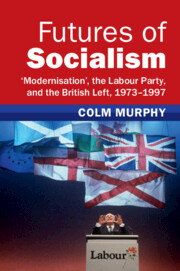Recent moral justifications of military intervention in Kosovo, Afghanistan and Iraq have drawn upon just war concepts set out by Augustine of Hippo in the early fifth century. Augustine, writing as the political hegemony of the Roman Empire was ebbing away, provides a valuable touchstone for anyone engaged in analysing the complex interplay of power, war, morality and religious faith. Like most of the problems Augustine addressed in his writings, his attitude to just war was rooted in a potent mix of imperial politics, concern for individual souls and establishing and defending church orthodoxy. Though his personal telos was to be found in the Heavenly City, Augustine did not try to avoid the difficulties of dealing with the contradictions involved in the Christian's encounter with the decidedly ungodly Earthly City. Though he never ruled out the need for political power to be wielded through the medium of martial force, Augustine would only accede to such action with great reluctance. This article investigates aspects of the use and misuse of Augustine and his ideas in both the political and academic arenas in the justification of recent military interventions. Analysis of statements made by the British Prime Minister Tony Blair and the book Just War Against Terror by American political theorist Jean Bethke Elshtain will show how Augustinian concepts have been used selectively to serve broader political agendas. Blair and Elshtain have been chosen for this study because they were both, in their respective fields, influential figures who advocated the 2003 invasion of Iraq; they are both declared Christians; Elshtain has explicitly associated herself with Blair's approach; and they both rejected any notion of religious crusade in the aforementioned interventions. By considering casus belli which included self-defence, opposing evil and liberating the oppressed, this article will demonstrate that the selective use of Augustine would eventually weaken the very case it was meant to strengthen. In the process, commonalities and discontinuities between Augustine's ideas in their original context and their application in the present will be highlighted. The article concludes that, in the process of using Augustinian concepts to justify recent military action, his renowned reticence regarding the use of force was undermined.
